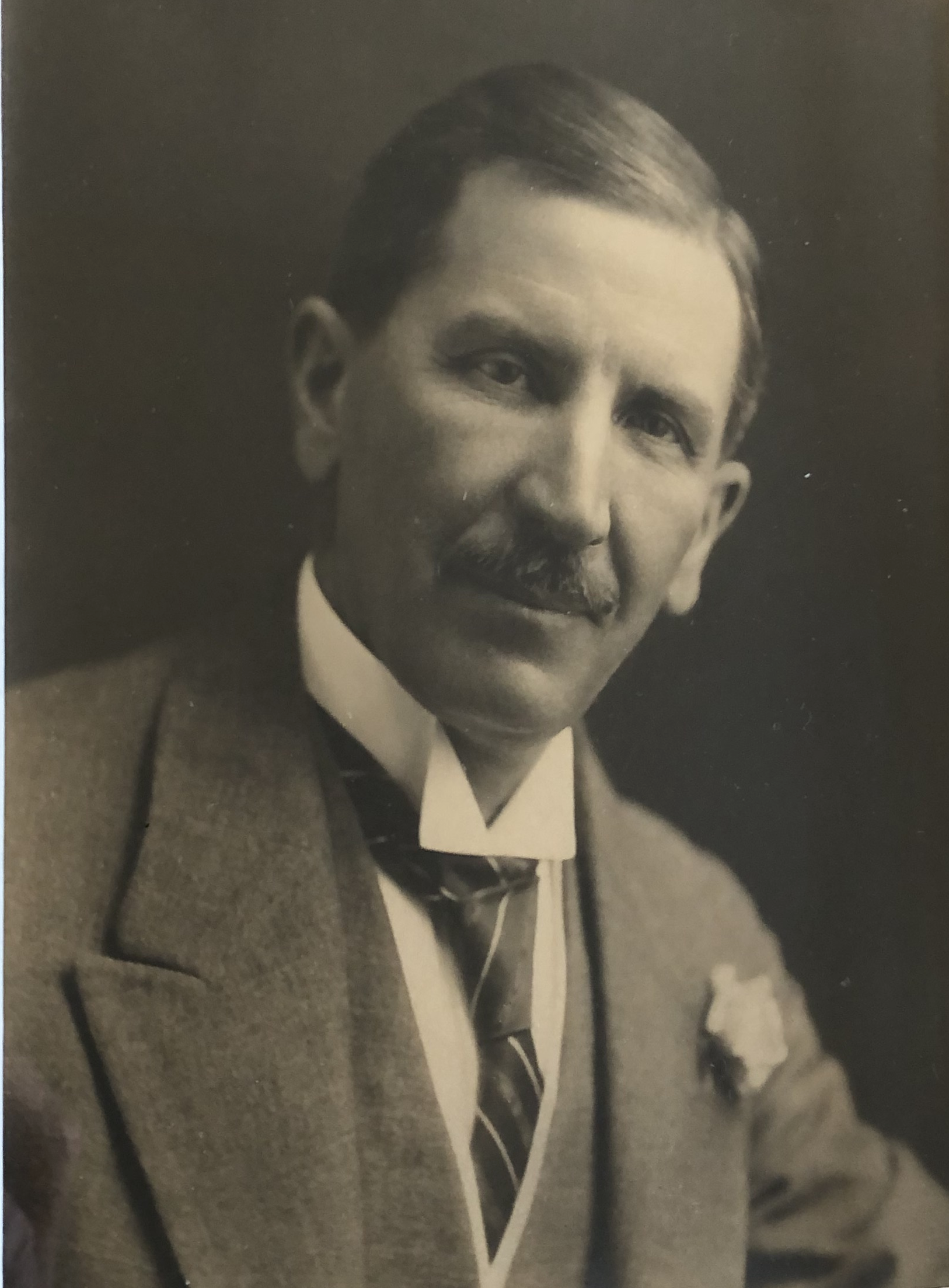Gys Hofmeyr
 Gysbert Reitz Hofmeyr, CMG (1871-1942) was a South African civil servant and the first Administrator of South West Africa (now Namibia) under the League of Nations Mandate.
Gysbert Reitz Hofmeyr, CMG (1871-1942) was a South African civil servant and the first Administrator of South West Africa (now Namibia) under the League of Nations Mandate.As secretary for the Transvaal delegation to the National Convention in 1908-1909, Hofmeyr had a ring-side seat on the unification of the Cape, Natal, Transvaal and Orange River colonies. The new Union of South Africa became a self-governing dominion of the British Empire in 1910.
Hofmeyr continued close to power as clerk of the new Union government's House of Assembly from 1910 to 1920. He published numerous political writings calling for greater unity between the English and Dutch inhabitants of South Africa.
In 1920 Hofmeyr was appointed as the first Administrator of South West Africa under the League of Nations Mandate by Jan Smuts (then Prime Minister of South Africa). As Administrator Hofmeyr strongly encouraged white settlers from the Union and introduced numerous measures designed to ensure that the local Black and Coloured inhabitants would work for the white settlers.
Historian John Wellington's view is that in doing so Hofmeyr failed to “promote to the utmost the material and moral well-being and social progress of the inhabitants of the territory” as required under the League of Nations Mandate. For Wellington, Hofmeyr's administration "used the natural resources of the territory to give white children the best possible education, while neglecting to educate in any sense adequately the children of the people who were their sacred trust. Policies of the whites ... had the effect of necessitating that large numbers of the indigenous people had to work for whites. And whites did these things in the name of Western Christian civilisation which outrightly rejects such attitudes and policies".
Hofmeyr's actions during the Bondelswarts Rebellion in 1922, described by Ruth First as "the Sharpeville of the 1920s", were controversial, especially the use of warplanes, aerial bombs and strafing against lightly armed Blacks.
Hofmeyr was criticized by the Permanent Mandates Commission report into the Bondelswarts affair. Although the report held that Hofmeyr had "acted wisely in taking prompt steps to uphold government authority", it found that the repression of the uprising was "carried out with excessive severity".
In an annex to the report, the chairman of the Permanent Mandates Commission, Marquess Theodoli of Italy, declared that Hofmeyr's actions ought to have been in line with the purpose of the Mandate system, namely the "well-being and development of less-advanced peoples", and that the Administration "has pursued a policy of force rather than of persuasion, and further that this policy has always been conceived and applied in the interests of the colonists rather than of the Natives".
Nonetheless, what Hofmeyr implemented in South West Africa and his action in the Bondelswarts Rebellion was not only what Smuts required and was similar to what South Africa was doing elsewhere at the time but was also in many respects in line with what the British expected and what the British were doing elsewhere at the time.
Hofmeyr stood for election to the Parliament of South Africa for the Riversdale constituency in 1929 but lost to a nationalist opponent who taunted him about his Bondelswarts misjudgements. Hofmeyr sued the opponent for libel and ultimately won the case, but the loss at the election effectively ended Hofmeyr's political career.
While Hofmeyr rose above the narrow nationalism of many Afrikaners, English and Germans of his time, he, like General Smuts and other more centrist thinkers, did not match the far-sighted thinking of JW Sauer, Olive Schreiner and some other contemporaries who wanted Blacks, Coloureds, Indians, Europeans and women to all have the same rights and to be treated equally. Provided by Wikipedia